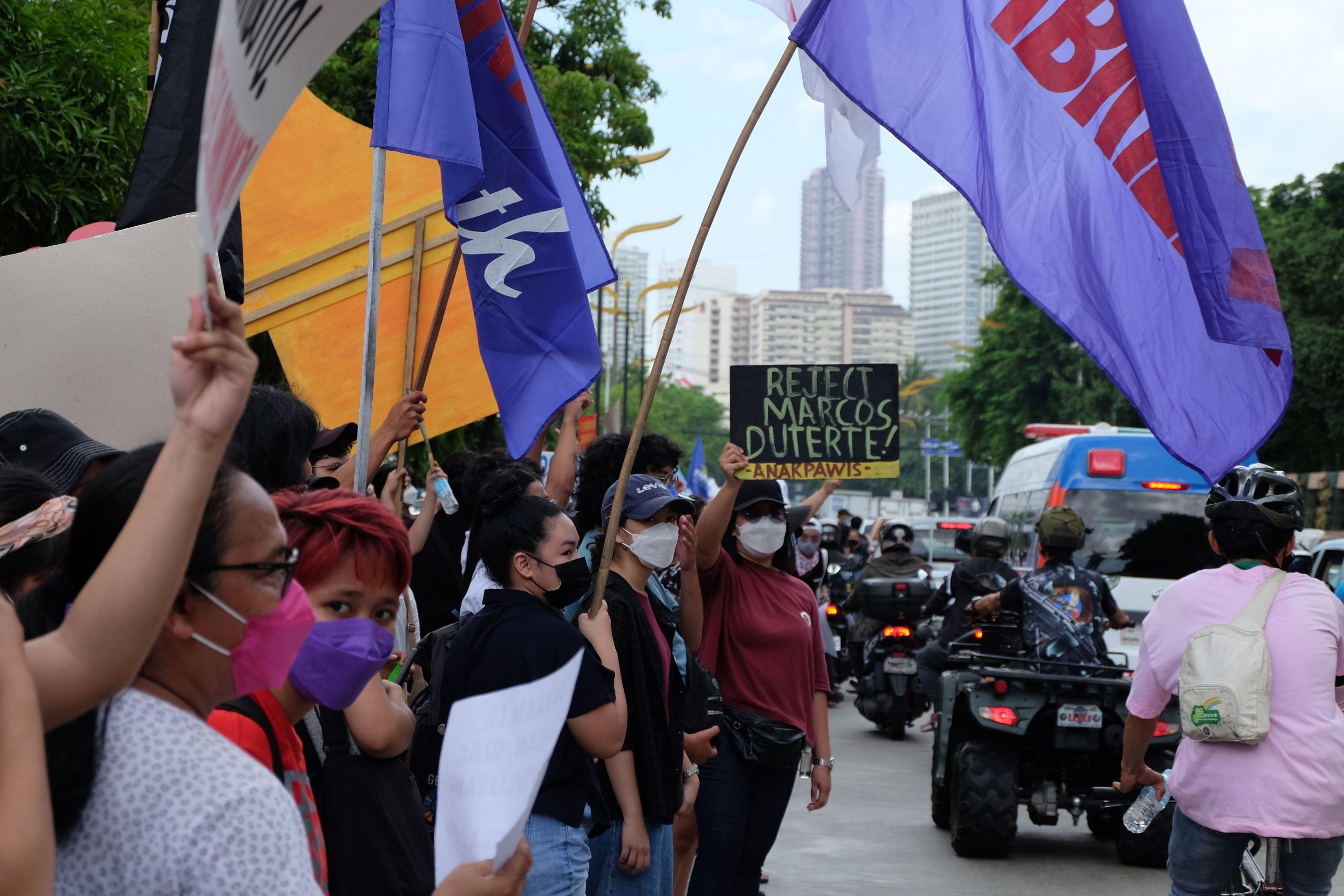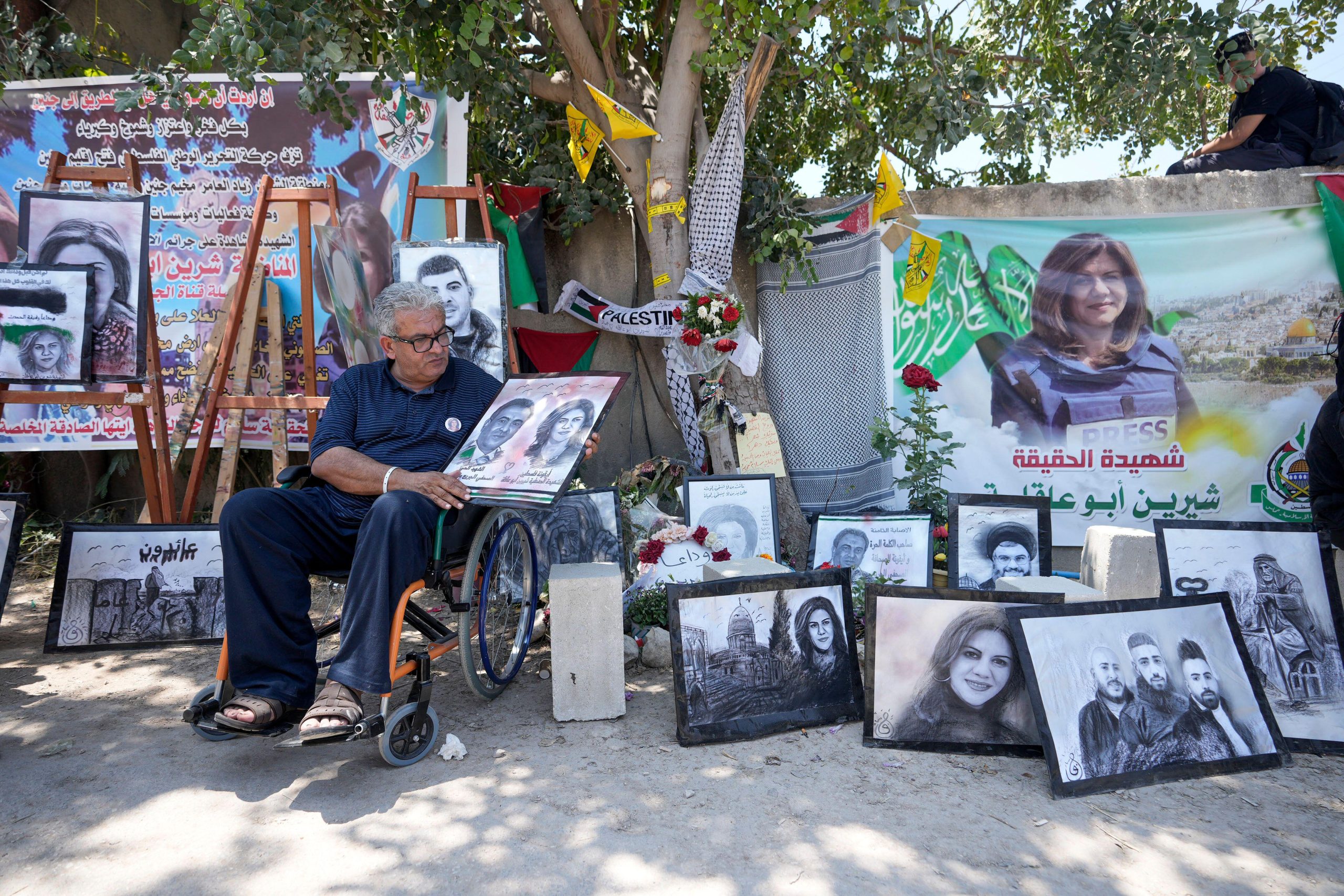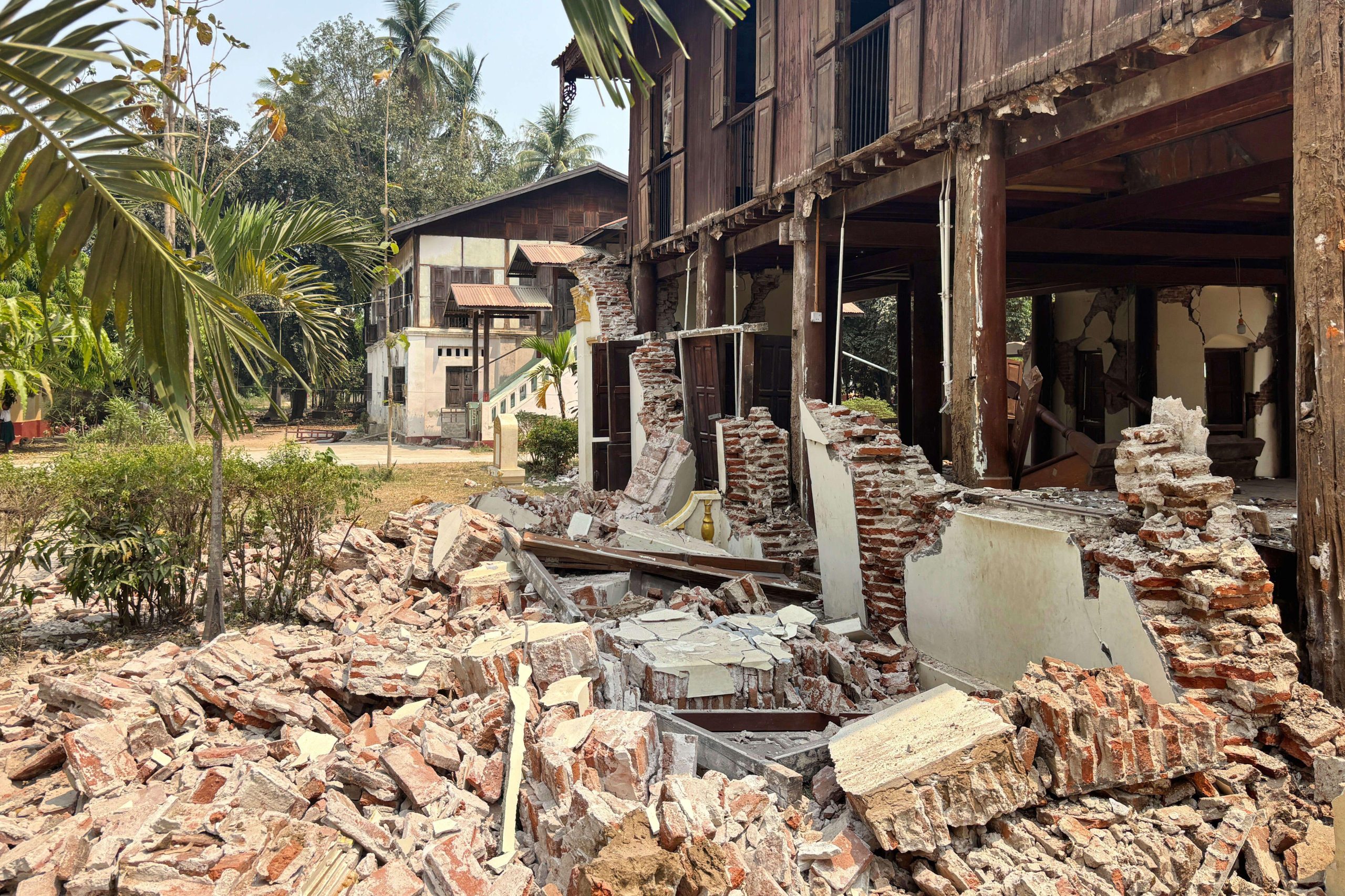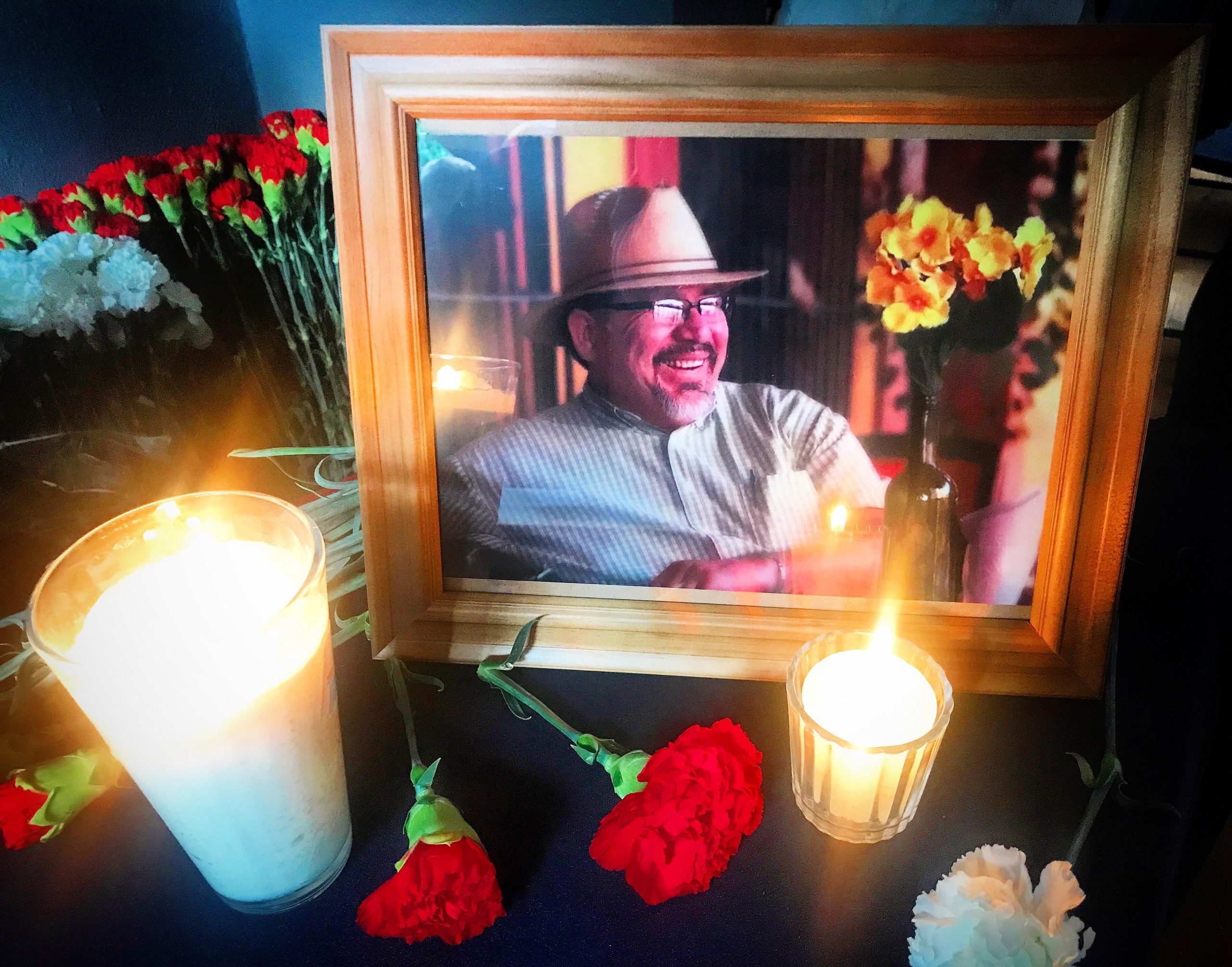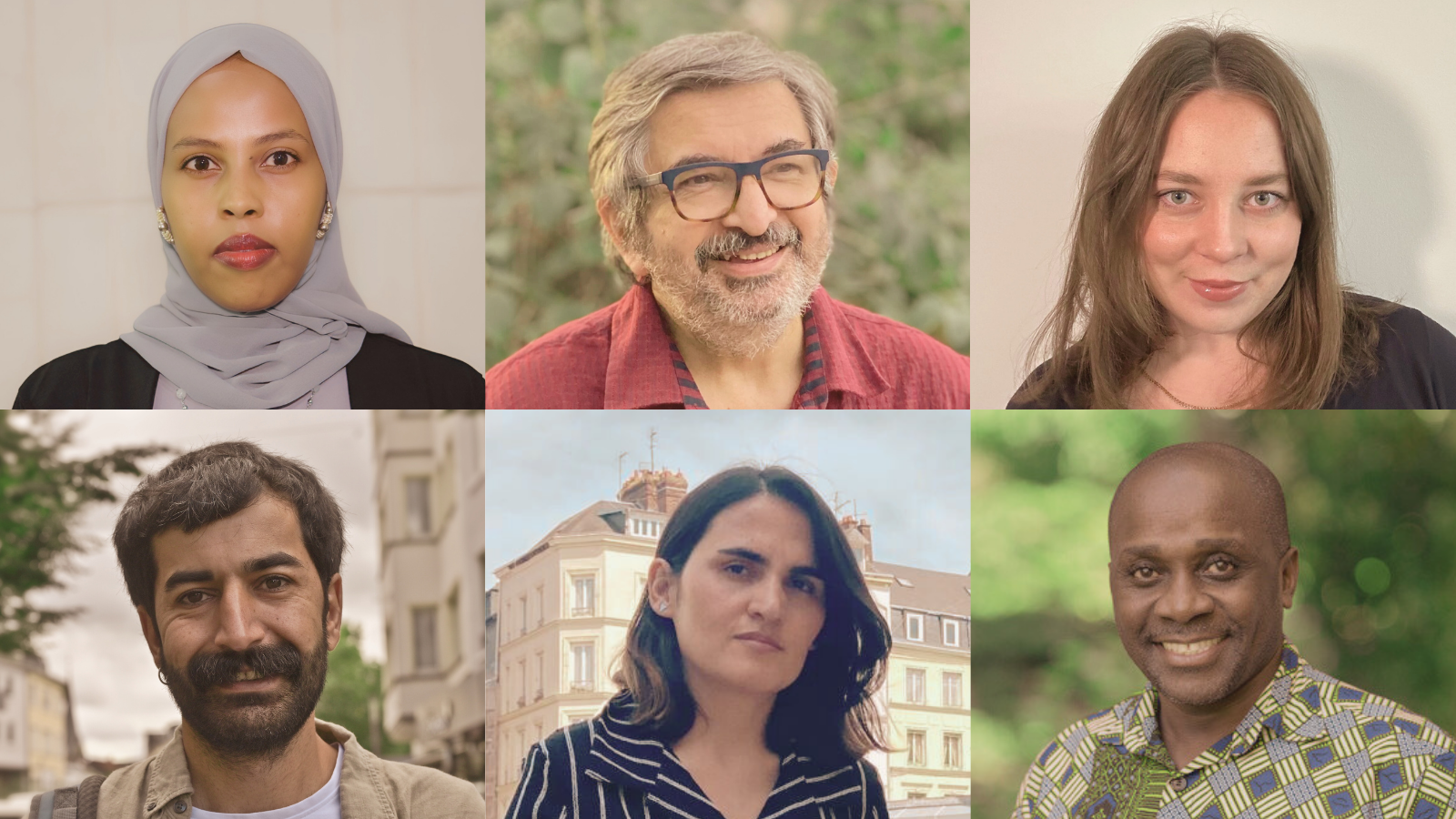On the face of it, Ferdinand Marcos Jnr, the son of the late dictator of the Philippines, won a substantial democratic mandate in the presidential elections on 10 May. The president-elect, better known as Bongbong, will assume office at the end of June, having polled twice as many votes as his nearest rival. He will be joined in office by running mate Sara Duterte, who is the daughter of the outgoing president, Rodrigo Duterte, who has attracted international condemnation for his brutal war on drugs. The alliance of the children of two authoritarian leaders has raised serious concern among human rights activists in the country.
Rey Valmores, chair of Bahagari (Rainbow), a leading LGBTQ+ organisation in the Philippines, admits she is still reeling from the result of the election. She cites Amnesty International on the scale of abuse under the previous Marcos regime: an estimated 3,200 extra-judicial killings, 35,000 cases of torture and the incarceration of over 70,000 political opponents. Now, 36 years on from the popular revolution that ousted the Marcos family from power, she says Marcos Jnr is re-writing history and whitewashing the past with a vast campaign of denialist propaganda.
“You can imagine just how ironic it is for us,” said Valmores. “The man was ousted by millions of Filipinos taking to the streets and now his son is the frontrunner who has refused to acknowledge that crimes were committed.”
Marcos inherits a country devastated by the effects of years of corruption and cronyism — a situation exacerbated by the Covid pandemic — with nearly a quarter of the population below the poverty line. Terrorism legislation introduced in 2020 allows 14-day detention without an arrest warrant and has been used to target the opposition. The war on drugs has left thousands of alleged dealers dead as a result of extra-judicial summary executions. The media in Philippines remains vibrant despite an onslaught from Duterte since 2016, including judicial harassment, cyberattacks and many slurs from Duterte himself.
Valmores challenges the idea that the election of Marcos Jnr was genuinely democratic: “If you say, a country is democratic, that means that the will of the people genuinely gets followed. That means that you have democratic institutions upholding democratic values.” Instead, she and other activists claim the Marcos family has used its vast wealth to fund troll farms pumping out a campaign of disinformation to rewrite history and vilify opponents.
Of particular concern to activists like Valmores is the practice of “red tagging”, which has come about as a consequence of the seemingly interminable civil war between the Philippine state and the Communist Party of the Philippines which started in 1972. Indeed, the country faces a civil war on two fronts with its struggle against Muslim separatists in the south of the country. If a political opponent is “red tagged” it means they are linked, often via social media, to the New People’s Army, the military wing of the Communist Party. “This has repercussions, we have seen it time and time again. A person gets red-tagged and suddenly they have all these trumped-up charges filed against them. They are arrested or even murdered.”
The real test will come after Marcos Jnr officially takes office on 30 June. But the prospects for transparency are not good. He refused to participate in presidential debates, for example. “He did not want to face people,” said Valmores. “He was basically someone who… was just fuelled by no doubt billions of pesos in terms of lies and historical revisionism and that’s how he became a contender. That is hardly democratic to me. We already see the kind of presidency this is shaping up to be.”
With the daughter of the outgoing president as his running mate, it seems unlikely that Marcos Jnr will be able to distance himself from the abuses of the previous incumbent. Estimates vary on the number of deaths in Duterte’s drug war, but the International Criminal Court has said it could be as many as 30,000 people. These are mostly people from poor, urban communities suspected of being drug dealers, or sometimes just users. Human rights organisations have voiced concerns about the number of people, in particular children, killed as a result of police anti-drug operations.
Valmores is not optimistic: “The fact that Marcos is willing to consort with Duterte, the fact that Marcos does not recognise the crimes of his father, the fact that Marcos is not prepared to pay back all the ill-gotten wealth, the fact that he is prepared to bend history to put his family back into power. All that is a clear indication to me that the things we’re facing now, the poverty, the hunger, and the killings… will most definitely continue.”
Meanwhile, despite its reputation as a gay-friendly country, Valmores points out that the Philippines still has no legislation to protect her community against discrimination on the basis of sexual orientation or gender identity. “Ferdinand Marcos has remained completely silent on the LGBT issue,” she said. “He has refused to comment on what laws he is willing to support for the LGBT community. Which tells us we are most definitely not a priority for him.”
Asked what the international community can do to help bring attention on the Philippines, Valmores says it is important not to forget the country’s troubled history, especially during the Marcos years. At the same time, she believes the world has a responsibility to get the truth out about what is really going on. “The troll farms I mentioned that Marcos uses to manipulate public perception: it’s absolutely not a joke. There are instances where I just create a post that criticises Marcos, and it gets flooded by dozens and dozens of accounts that are very clearly automated and following a script. I think the only way out of that is by countering those views with the truth. Even just sharing what is happening in the Philippines on the ground right now. I think it makes a huge difference when it comes to combating this narrative, this alternative history that they’re creating.”
The world will do well to watch carefully what develops here when Marcos Jnr takes power at the end of this week. Watch and learn. The Philippines is not alone in facing this kind of democratic crisis fuelled by propaganda, fake news and the rewriting of history.

